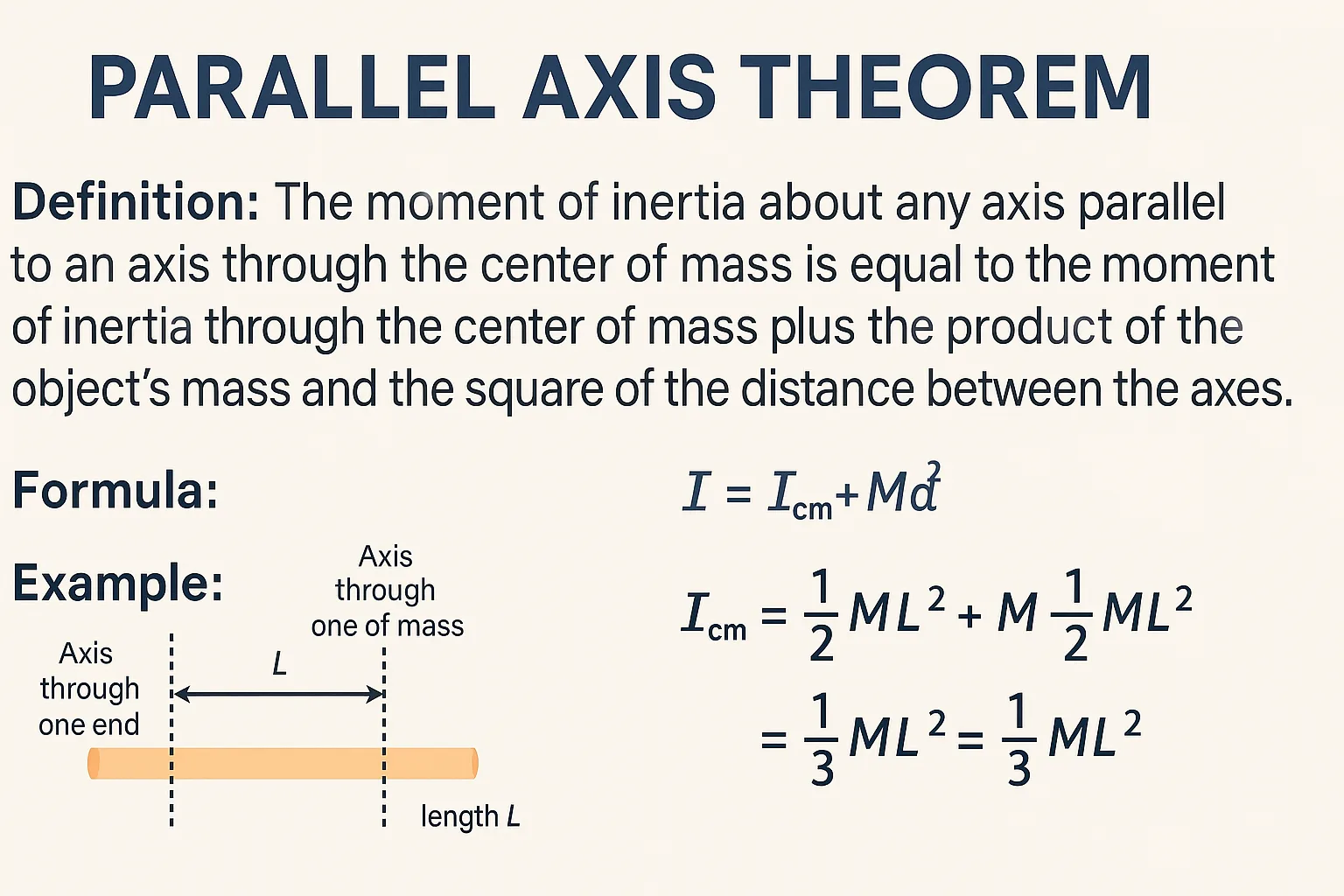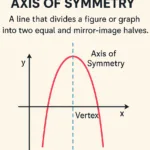Absent
🔊 US Loading... 🔊 UK Loading...The word “absent” primarily describes the state of being away or not present in a particular place, situation, or condition. It can function as an adjective, verb, or noun (in some contexts) and has various applications depending on the context. Below is a detailed explanation of its definition, meanings, and usage.
Definition of “Absent”
- As an Adjective:
- Meaning 1: Not present in a specific place or situation.
- Example: He was absent from school today.
- Meaning 2: Lacking or missing something.
- Example: A sense of urgency was absent from his response.
- Meaning 3: Distracted or not paying attention; lost in thought.
- Example: She gave him an absent look as she daydreamed.
- As a Verb:
- Meaning: To keep oneself away from a situation or place intentionally.
- Example: He decided to absent himself from the meeting.
- As a Noun (rare, usually in legal or formal contexts):
- Meaning: A person who is not present or accounted for.
- Example: The company made efforts to track all absents.
Detailed Meanings and Uses of “Absent”
1. Describing Physical Absence (Adjective)
- Refers to someone or something not being present in a particular place or at a specific time.
- Example: Several employees were absent due to illness.
- Example: The guest of honor was noticeably absent from the party.
2. Describing a Lack or Missing Quality (Adjective)
- Indicates the nonexistence or absence of a certain quality, feature, or element.
- Example: Compassion was entirely absent from his speech.
3. State of Mind (Adjective)
- Describes someone who is distracted or not mentally engaged in the present situation.
- Example: Her absent expression showed she wasn’t listening.
4. Deliberate Non-Attendance (Verb)
- Refers to intentionally staying away from a place or activity.
- Example: He absented himself from the event to avoid conflict.
Synonyms for “Absent”
Depending on the context, synonyms include:
- Missing
- Away
- Unavailable
- Lacking
- Distracted
- Detached
Antonyms for “Absent”
- Present
- Available
- Attentive
- Engaged
- Focused
Examples of “Absent” in Sentences
- As an Adjective (Physical Absence):
- She was absent from the meeting due to a prior commitment.
- Several items were absent from the final delivery.
- As an Adjective (Lack of Quality):
- Any sign of remorse was absent in his behavior.
- Trust was noticeably absent in their relationship.
- As an Adjective (Distracted State):
- He had an absent look on his face during the lecture.
- Her mind was absent as she thought about her upcoming vacation.
- As a Verb (Intentional Non-Attendance):
- She chose to absent herself from the negotiations.
- He absented himself from the ceremony to avoid confrontation.
Common Phrases and Idioms Using “Absent”
- Absent-minded:
- Meaning: Distracted or forgetful due to lack of focus.
- Example: She’s so absent-minded that she often forgets her keys.
- Absent from:
- Meaning: Not present in a specific place or event.
- Example: He was absent from the discussion yesterday.
- Absent oneself:
- Meaning: To intentionally avoid or stay away from a place or event.
- Example: The employee absented herself from the meeting.
Differences Between “Absent” and Related Words
- Absent vs. Missing:
- Absent refers to someone or something that is not present where it is expected to be, often temporarily. Missing implies that something or someone is lost or unaccounted for.
- Example (Absent): She was absent from class today.
- Example (Missing): One piece of the puzzle was missing.
- Absent vs. Unavailable:
- Absent emphasizes physical or mental non-presence, while unavailable suggests inaccessibility due to a particular reason.
- Example (Absent): The teacher was absent from the classroom.
- Example (Unavailable): The manager is currently unavailable for calls.
- Absent vs. Away:
- Absent usually indicates a formal or deliberate non-presence, while away is more general and refers to being in another place.
- Example (Absent): The student was absent from the lecture.
- Example (Away): He is away on vacation.
Common Contexts for “Absent”
- Educational Context:
- Used to describe students or teachers who are not present at school or a class.
- Example: The student was marked absent for the day.
- Workplace Context:
- Refers to employees who are not present at work.
- Example: The manager was absent due to a family emergency.
- Psychological Context:
- Describes a lack of mental focus or engagement.
- Example: Her absent gaze suggested she was lost in thought.
- Social Context:
- Used to highlight someone’s nonattendance at an event or gathering.
- Example: His absence at the wedding was surprising.
Conclusion
The word “absent” is widely used to describe nonattendance, lack, or distraction in various contexts. Whether it refers to a physical absence, the absence of a quality, or a distracted state of mind, it plays a critical role in communication. Its versatility makes it an important word in both formal and informal settings. Mastering its use enhances clarity and precision in speech and writing.
Relative words of ‘A’
| S.No | Words |
|---|---|
| 1 | A |
| 2 | Able |
| 3 | Ability |
| 4 | About |
| 5 | Above |
| 6 | Absence |
| 7 | Abroad |
| 8 | Absolute |
| 9 | Absent |
| 10 | Abstract |
| 11 | Abuse |
| 12 | Angry |
| 13 | Access |
| 14 | Annoy |
| 15 | Acceptable |
| 16 | Acceptance |
| 17 | Accede |
| 18 | Accept |
| 19 | Abusive |
| 20 | Academic |
| 21 | Approve |
Additional Insights

Parallel Axis Theorem – Definition, Formula, Derivation & Applications

Axis of Symmetry: Definition, Equation, and Real-Life Applications

X and Y Axis: Definitions, Graphs and Examples
Coconut Spanish Translation

Cashew Spanish Translation
Axis Definition and Meaning

Walnut in Spanish Translation

Almond in Spanish – Translation and Meaning
